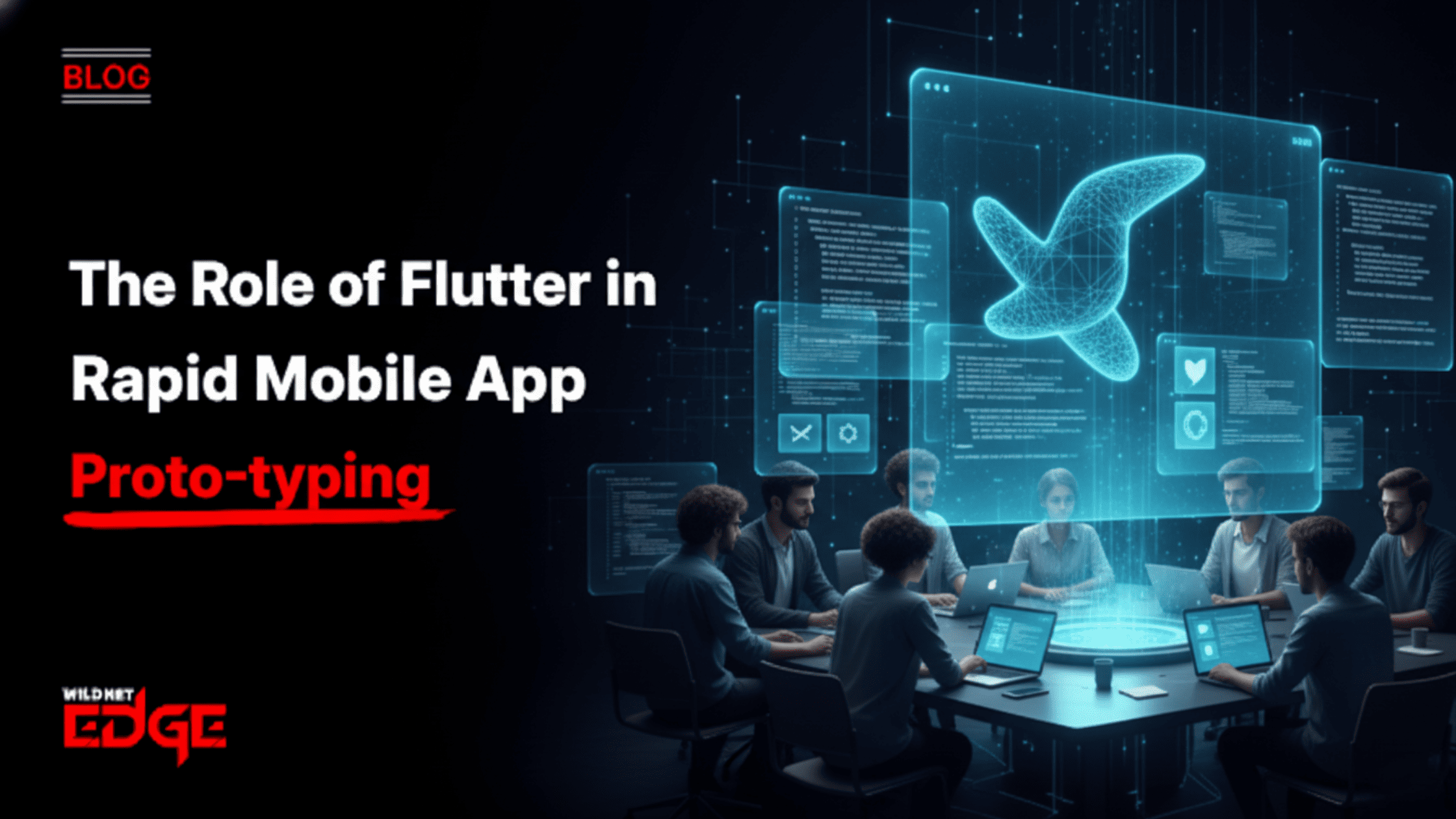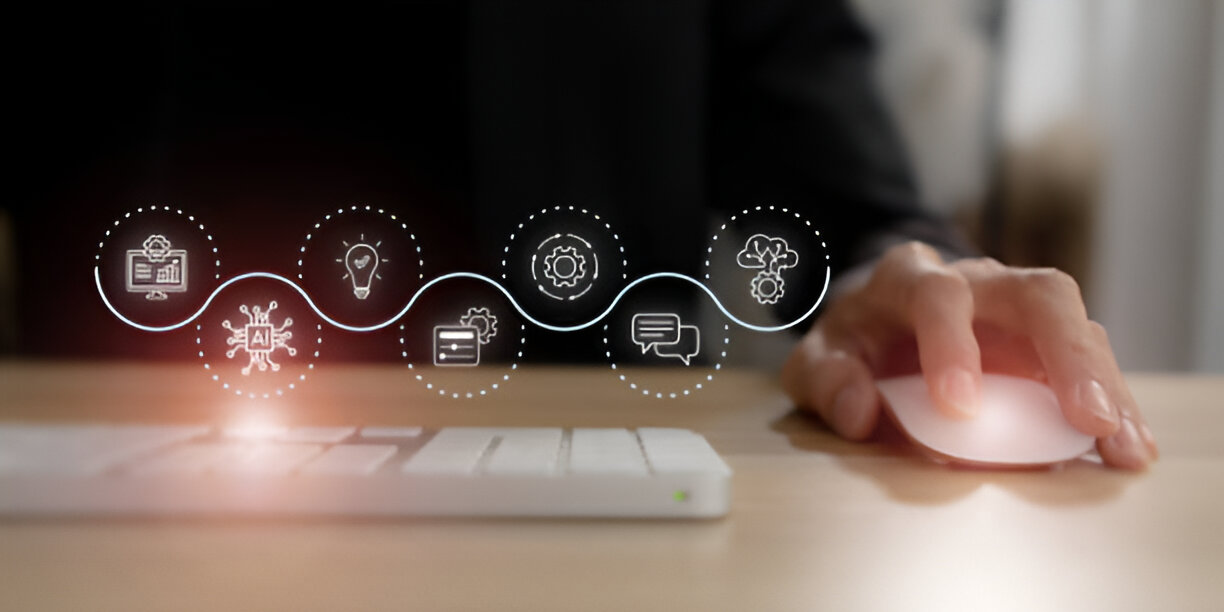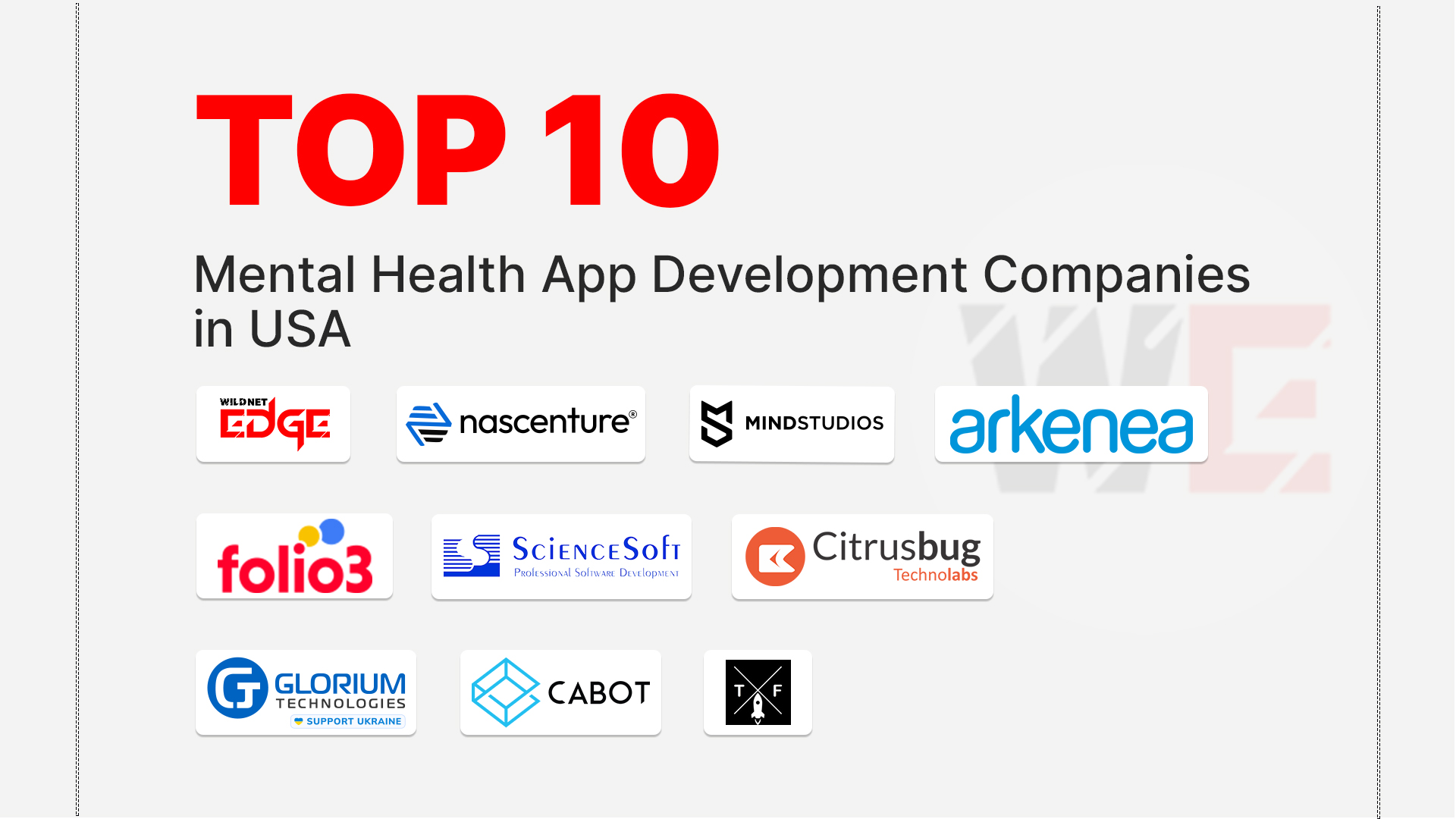TL;DR
This article highlights Flutter’s strategic role in rapid mobile app prototyping for startups and businesses. Its Hot Reload feature allows instant UI updates, speeding up iterations. Unlike design-only tools, Flutter prototypes are functional on both iOS and Android from a single codebase, offering realistic user testing. For founders, Flutter provides a cost-effective, efficient way to validate ideas and lay the foundation for a full mobile app MVP.
In the fast-paced world of startups, having a great idea isn’t enough; it’s all about how quickly you can bring it to life. Before pouring hundreds of thousands into a full-scale mobile app, you must test your concept, explore user flows, and gather honest feedback. That’s where a prototype comes in. But instead of sticking to static mockups, there’s a game-changer: Flutter rapid prototyping. It bridges the gap between a simple design and a working product, giving founders a real advantage in turning ideas into functional, testable apps from the very start.
What is Rapid Mobile App Prototyping?
Rapid app prototyping is the process of quickly creating a working model of your mobile application. The goal is not to build a finished product, but to create an interactive version that you can use to:
- Test and refine your user experience.
- Demonstrate your concept to stakeholders and investors.
- Gather feedback from real users before committing to a complete development cycle.
A good prototype allows you to fail and learn fast, which is the most resource-efficient way to build a successful product. This process is a core component of modern Mobile App Development Services.
Why Flutter is a Game-Changer for Prototyping
Flutter, Google’s modern UI toolkit, has emerged as the premier tool for flutter rapid prototyping due to a unique set of features that are perfectly aligned with the needs of a fast-moving startup.
The Power of “Hot Reload”
This is Flutter’s most important feature for prototyping. “Hot Reload” allows developers to inject updated source code into a running application and see the changes reflected almost instantly, without restarting the app. For the prototyping process, this is revolutionary. A designer and developer can sit in the same room, make changes to the UI, and see the results in real-time. This creates an tight feedback loop that accelerates the design and iteration process by an order of magnitude.
One Prototype for Both iOS and Android
Flutter allows you to build cross-platform prototypes from a single codebase. Instead of creating separate mockups for iOS and Android, you can build one functional prototype that works flawlessly on both platforms. This not only saves time but also ensures a consistent user experience for all your early testers. This is a core advantage of partnering with a Cross Platform App Development Company.
High-Fidelity, Interactive UIs
Unlike design tools like Figma or Sketch, which create static, clickable mockups, a Flutter prototype is a real app. It can have fluid animations, respond to user input with real logic, and even connect to mock APIs to simulate data. This high level of fidelity provides a much more realistic testing experience, giving you more accurate and valuable feedback from users.
Flutter Prototype vs. Design Tool Mockup: A Key Distinction
While both are valuable, they serve different purposes in the development lifecycle.
| Feature | Flutter Prototype | Design Tool Mockup |
| Functionality | A real, working application. | A series of static, clickable images. |
| Fidelity | High (includes animations, gestures, logic). | Low to Medium (limited to screen transitions). |
| Feedback Quality | Provides feedback on the actual user experience. | Provides feedback on the visual design and basic flow. |
| Transition to MVP | The prototype’s code is the foundation of the MVP. | The code must be written from scratch. |
| Best For | Validating user experience and core functionality. | Validating visual concepts and basic user journeys. |
Our Flutter Prototyping in Action: Case Studies
Case Study 1: A FinTech Startup’s Investor Demo
- The Challenge: A FinTech startup had a complex idea for a new investment app but was struggling to explain it to investors with just a slide deck. They needed a functional prototype to prove their concept was viable.
- Our Solution: As their chosen Flutter App Development Company, we used flutter rapid prototyping to build a high-fidelity demo app in just three weeks. The prototype had a beautiful UI and simulated the core investment workflow.
- The Result: The interactive prototype was the centerpiece of their pitch. It allowed them to give investors a real feel for the final product, which was instrumental in helping them successfully close their seed funding round.
Case Study 2: A Healthcare App’s Usability Testing
- The Challenge: A healthcare company was designing a new app for patients but was unsure if the complex user flow would be intuitive for their non-technical audience. Static mockups were not providing enough insight.
- Our Solution: We built an interactive mobile app MVP prototype using Flutter. This allowed them to conduct usability testing sessions where real patients could interact with a functional app on their own phones.
- The Result: The testing revealed several key friction points in the user journey. Thanks to the “Hot Reload” feature, we were able to iterate on the design and fix the issues in real-time during the feedback sessions, saving weeks of redesign work.
Our Technology Stack for Flutter Development
We use a modern stack to build high-performance, cross-platform applications.
- Language: Dart
- Core Framework: Flutter
- State Management: BLoC, Provider, Riverpod
- IDE: Android Studio, VS Code
- Prototyping Tools: Figma (for initial wireframes), Flutter
- Backend: Firebase, Supabase
Conclusion
Thus, in the cutthroat startup world, speed of learning is the ultimate competitive advantage. Flutter rapid prototyping is a powerful strategy that maximises this speed. It allows you to move beyond static designs and test your ideas with a real, functional product in a fraction of the time and cost of traditional development. By creating a high-fidelity mobile app MVP prototype, you can gather better feedback, make smarter decisions, and build a solid foundation for your final product.Want to bring your idea to life and see it in action? At Wildnet Edge, our AI-first approach lets us create fast, visually stunning prototypes that are built to scale with intelligent features powered by our expert Custom Mobile App Development team.
FAQs
“Hot Reload” allows for real-time collaboration between designers and developers. A designer can suggest a change, and the developer can implement it and show the result on a real device in seconds. This tight feedback loop eliminates the slow, back-and-forth process of traditional development.
Yes, and this is one of its most significant advantages. Unlike a design mockup, the code written for a well-architected Flutter prototype is not thrown away. It becomes the foundational codebase for your full mobile app MVP and the final product, saving a lot of time.
A Figma mockup validates the visual design and basic click-through flow. A Flutter prototype validates the actual user experience. It allows users to feel the app’s animations, interact with gestures, and get a true sense of its performance, which a static mockup cannot provide.
Flutter’s popularity has created a growing global community of skilled developers, making finding an experienced team easier than ever.
The most significant advantage is clarity. A functional prototype makes your idea tangible and real. It moves the conversation from abstract concepts to a concrete product you can hold in your hand, making it much easier to refine your vision and communicate it to stakeholders.
Investors want to see proof of execution, not just ideas. A high-fidelity Flutter prototype is a powerful piece of evidence. It shows that you have a clear vision, that you are a savvy and resource-efficient founder, and it gives them a tangible product to interact with, which is far more compelling than a PowerPoint presentation.
A well-defined functional prototype focusing on a core user flow can often be built in just 2 to 4 weeks with a specialised MVP Development Company. This allows you to get from idea to user testing in less than a month, a key goal of flutter rapid prototyping.

Managing Director (MD) Nitin Agarwal is a veteran in custom software development. He is fascinated by how software can turn ideas into real-world solutions. With extensive experience designing scalable and efficient systems, he focuses on creating software that delivers tangible results. Nitin enjoys exploring emerging technologies, taking on challenging projects, and mentoring teams to bring ideas to life. He believes that good software is not just about code; it’s about understanding problems and creating value for users. For him, great software combines thoughtful design, clever engineering, and a clear understanding of the problems it’s meant to solve.
 sales@wildnetedge.com
sales@wildnetedge.com +1 (212) 901 8616
+1 (212) 901 8616 +1 (437) 225-7733
+1 (437) 225-7733
















 AI Development Services
AI Development Services Industry AI Solutions
Industry AI Solutions AI Consulting & Research
AI Consulting & Research Automation & Intelligence
Automation & Intelligence













